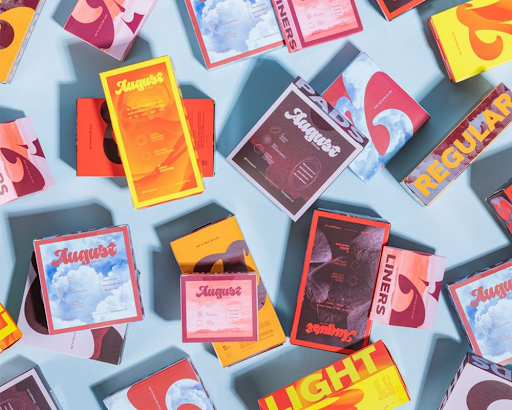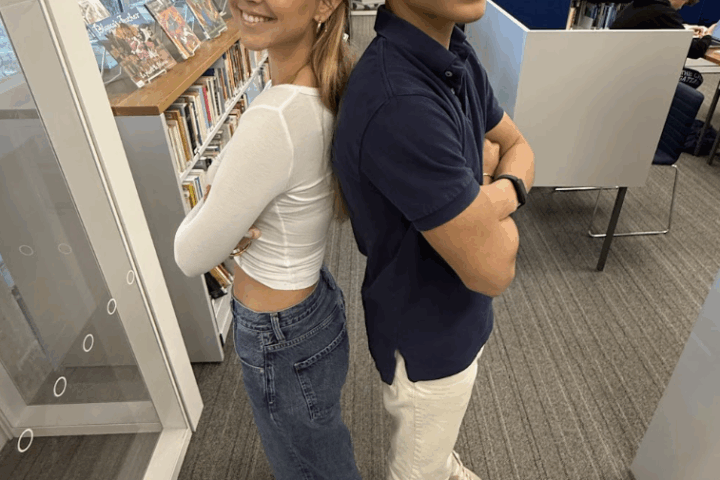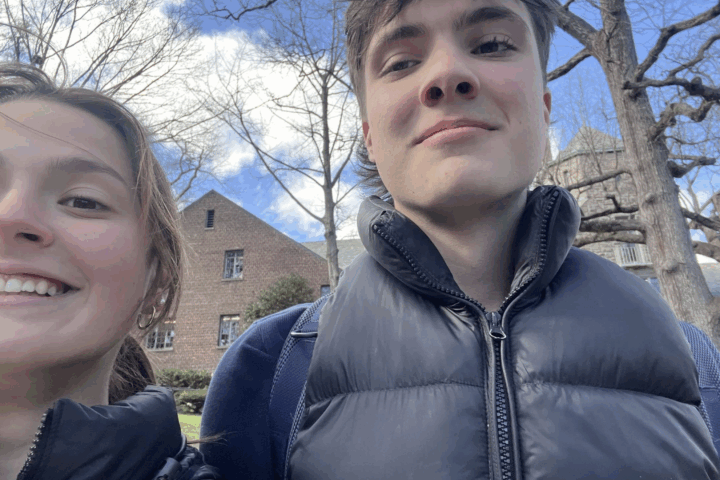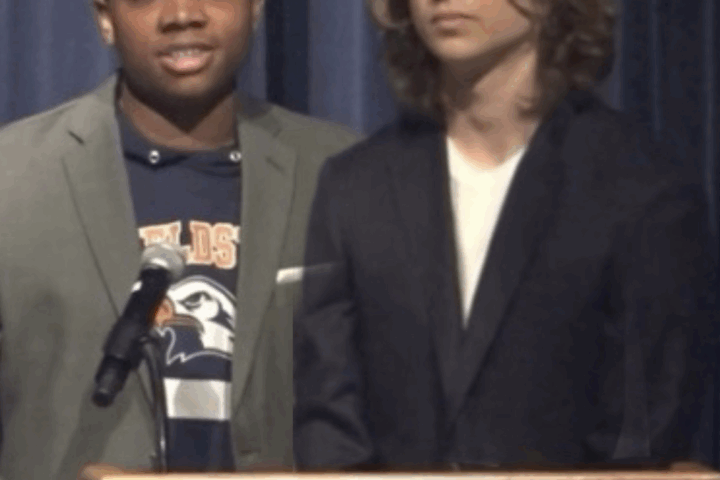In the next few weeks, Fieldston community members will see brightly colored, high-quality and eco-friendly menstrual products in the bathrooms, courtesy of the environmental club. You might be wondering, “why?” As awareness of the environmental crisis grows, it is important to consider how our daily decisions, such as the selection of particular feminine hygiene products, impact the planet. Most menstrual products are made out of non-biodegradable plastic, taking around 500 to 800 years to decompose. During this process, many products release microplastics that pollute the oceans and marine environments. The effect is that the tiny plastic particles can change the natural ecosystems and pose a large threat to all marine life.
In addition, some poorly produced menstrual products contain dangerous chemicals including pesticide residues, bleach and phthalates that can cause long-term damage to the body. This can also lead to severe health risks, like reproductive and urinary tract infections, which could result in future infertility and birth complications. It is crucial to opt for high-quality and well-crated menstrual products. By doing this, you are also promoting and prioritizing the use of sustainable and environmentally friendly alternatives. This helps reduce the environmental impact associated with the production and disposal of traditional products, which often contribute to pollution and waste. Making the switch to environmentally friendly menstrual products is a positive step towards a greener and more sustainable lifestyle.
However, when it comes to menstrual products, the unfortunate truth is that many menstruators globally do not have the privilege of choosing whether to use pads, tampons or other products. For those who are fortunate to have access to a multitude of menstrual products, it is important to choose brands to continue to raise awareness that aims to provide better access to menstrual products for all and do it in an ethical and substantive way.
Our student body hardly ever reaches a consensus, but walk up to any menstruating person in our school and they will tell you that our menstrual products are lacking and disappointing. The environment has worked with administrators to purchase new products for the bathrooms in addition to the plastic, deeply uncomfortable and low-functioning products provided as of now. A survey was sent out to the upper school around three different sustainable menstrual product brands: Daye, August and Public Goods. An overwhelming majority of the student body voted for August.
August is a business dedicated to dismantling period stigma and embracing the diverse experiences of all menstruators. They have active social media accounts: their TikTok is @itsaugustco, with 350k+ followers, and its profile reads, “Period care for EVERYONE who menstruates.” The account centers around August behind the scenes, intersectionality in menstruation, and the policy side of the menstrual equity movement. While their Instagram @itsaugust has 150k+ followers and features many of the same topics. Out of social media, August donates to emergency relief organizations and is involved in many environmental initiatives. They donate 1% of their revenue to sustainability-focused-nonprofits, are climate-neutral certified and 100% Net Plastic Recycled certified. Their products are 100% Organic Cotton and source sustainable materials from ethical manufacturers. They have worked with the Surfrider Foundation to remove 26,376 pounds of plastic from the oceans. August’s co-founder, Nayda Okamoto describes August’s commitment to sustainability, “We integrate sustainability into everything we do — from vetting new suppliers and reducing and offsetting our carbon footprint to using more sustainable materials wherever possible.’
Nadya Okamoto, a 23-year-old Harvard Graduate, is listed on Forbes 30 under 30, Bloomberg 50 “Ones to Watch” and People Magazine’s Women Changing the World. Okamoto founded an organization called PERIOD at age sixteen which fights against period poverty and stigma. We asked Nayda, What drove your interest in menstruation and menstrual equity from such a young age? She responded, “I was definitely interested in gender equality topics given my own passions/background being one of 3 daughters in a single mom household. But also learning about period poverty, issues related to the tampon tax and noticing period stigma all around me ignited this frustration/eagerness to take action – more than anything I had learned before.” When asked, what can young people do to support sustainable menstruation? She advised, “The best thing young people can do to reimagine period care for all is to stay curious about your body and what’s best for it: ask questions about the products you’re using, and have no shame sharing and talking about your period with each other!”
To find out more about August check out their website here.









